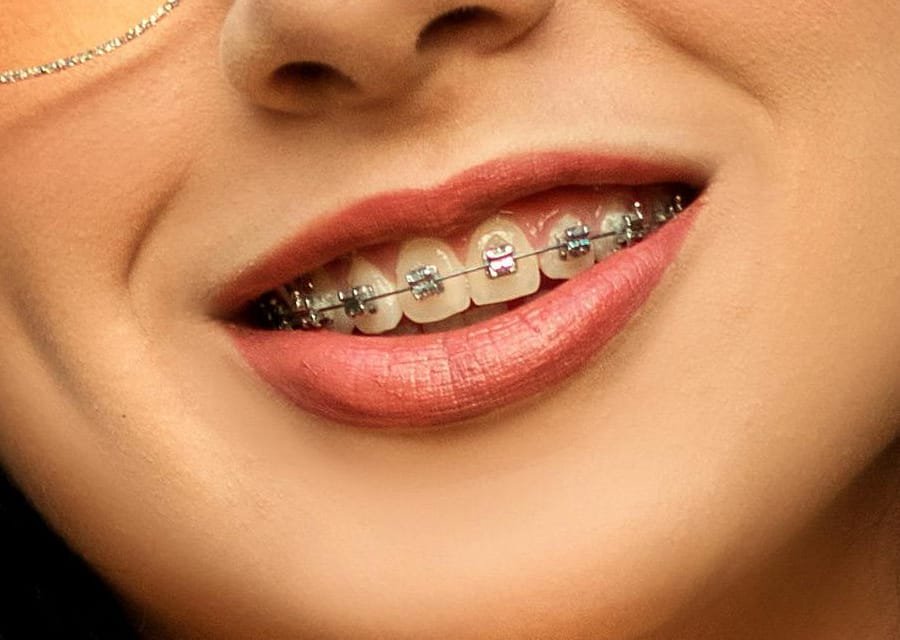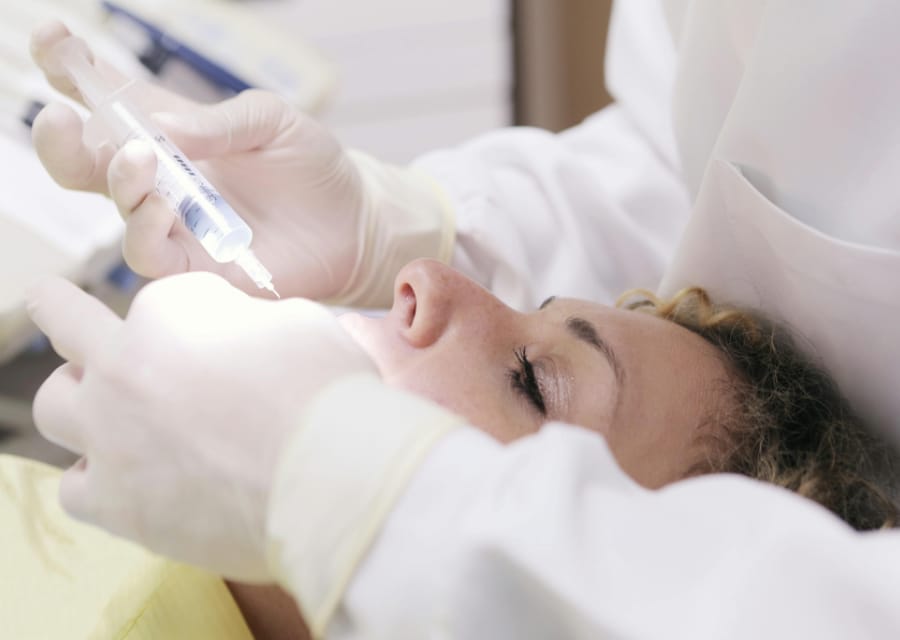
Nursing caries, often referred to as “baby bottle tooth decay,” is a type of dental decay that primarily affects young children, particularly those who are still nursing or drinking from a bottle. This condition can lead to serious dental issues if not addressed early. Here’s an in-depth look at nursing caries, including its causes, symptoms and prevention strategies.
What Are Nursing Caries?
Nursing caries is a form of dental decay that occurs when sugary liquids, such as milk, formula or fruit juice, come into prolonged contact with a child’s teeth. The sugars in these liquids feed bacteria in the mouth, producing acids that erode tooth enamel and lead to cavities. This condition typically affects the upper front teeth but can also impact other teeth if not managed properly.
Causes of Nursing Caries
- Prolonged Exposure to Sugary Liquids
- When children are allowed to sip on bottles filled with sugary drinks or are put to bed with a bottle, the sugars can linger on their teeth for extended periods.
- Poor Oral Hygiene
- Inadequate brushing and care for a child’s teeth can exacerbate the risk of developing nursing caries. Without regular cleaning, plaque and bacteria can build up.
- Infrequent Dental Visits
- Lack of regular dental check-ups can prevent early detection and treatment of dental issues, allowing nursing caries to progress.
- Feeding Practices
- Practices such as putting a child to bed with a bottle or allowing prolonged bottle-feeding can significantly increase the risk of caries.
Symptoms of Nursing Caries
Recognizing the symptoms of nursing caries early can help prevent serious dental problems. Common signs include:
- White Spots: Initial signs of decay often appear as white spots on the teeth, indicating demineralization.
- Brown or Black Stains: As the condition progresses, teeth may develop brown or black spots.
- Sensitivity: Children may exhibit discomfort or sensitivity when consuming hot, cold or sweet foods.
- Pain: Advanced decay can lead to pain, which may result in difficulty eating or sleeping.
Prevention Strategies
Preventing nursing caries is essential for maintaining a child’s dental health. Here are effective strategies:
- Limit Sugary Liquids:
- Avoid giving children sugary drinks in bottles, especially at bedtime. Opt for water instead.
- Practice Good Oral Hygiene:
- Begin cleaning your child’s mouth with a damp cloth after feedings and introduce a soft-bristled toothbrush as soon as their first teeth emerge. Use fluoride toothpaste as they grow older.
- Regular Dental Visits:
- Schedule dental check-ups starting by the child’s first birthday or when their first tooth appears. Regular visits help monitor dental health and catch potential issues early.
- Educate Caregivers:
- Ensure that anyone caring for your child understands the importance of oral hygiene and the risks associated with prolonged bottle-feeding.
- Healthy Snacks:
- Encourage healthy eating habits by providing nutritious snacks and limiting sugary treats.
Conclusion
Nursing caries is a preventable condition that can have significant implications for a child’s dental health. By understanding its causes and symptoms and implementing effective prevention strategies, parents and caregivers can help ensure a healthy start for their child’s smile. Early dental care and good hygiene practices are key to preventing nursing caries and promoting lifelong oral health.
To schedule an appointment at ‘Sukumar Dental Clinic’ call +91-7418210108 or WhatsApp Dr. Sukumar at +91-9655225002. We take pride in having the top dental clinic in Palayamkottai, Tirunelveli. Alternatively, you can email us at info@sukumardental.com


